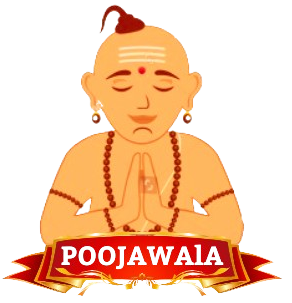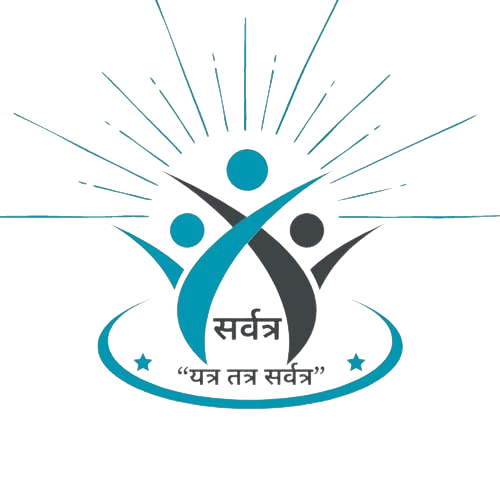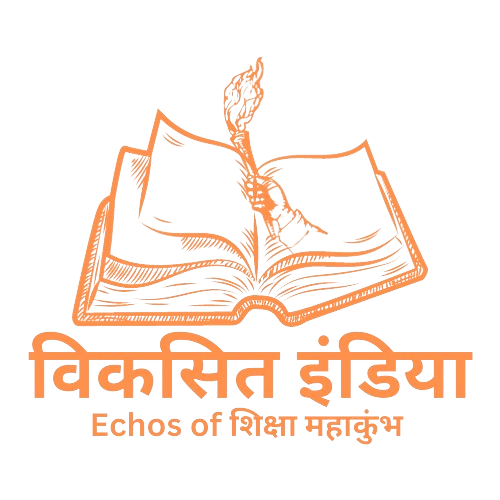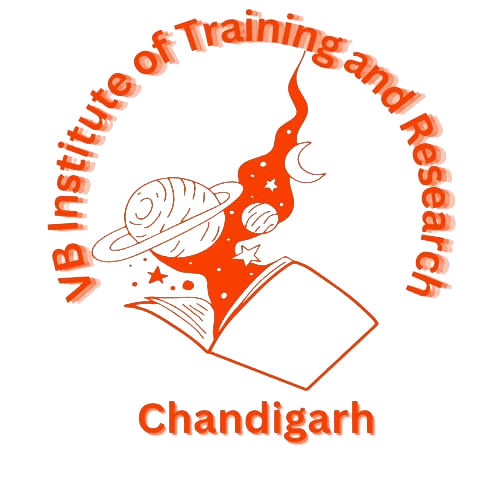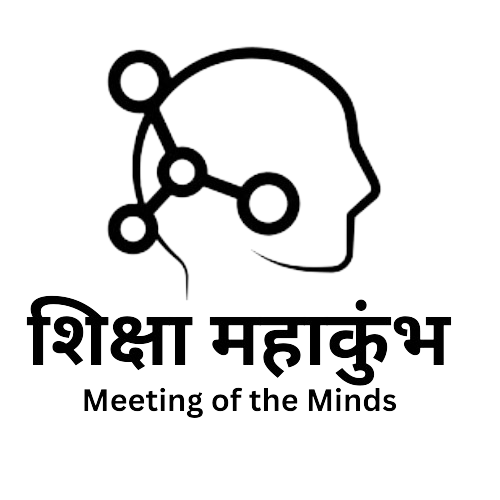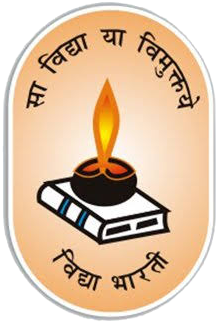
Buddha Jayanti
Buddha Jayanti, also known as Buddha Purnima or Vesak, is one of the most important Buddhist festivals celebrated worldwide. It commemorates the birth, enlightenment (nirvana), and death (parinirvana) of Siddhartha Gautama, who later became known as Gautama Buddha, the founder of Buddhism. Buddha Jayanti typically falls on the full moon day (Purnima) in the Hindu month of Vaisakha (April or May) according to the lunar calendar. Here's an overview of the significance and rituals associated with Buddha Jayanti: Birth of Buddha: Buddha Jayanti marks the birth anniversary of Prince Siddhartha Gautama in Lumbini, present-day Nepal, around 563 BCE or 624 BCE, depending on different historical accounts. According to Buddhist tradition, Siddhartha was born under a sal tree in the garden of Lumbini, and his birth was accompanied by auspicious signs and prophecies. Enlightenment of Buddha: Buddha Jayanti also commemorates the enlightenment of Siddhartha Gautama, which occurred when he was meditating under the Bodhi tree in Bodh Gaya, India. It is believed that on the full moon day of Vaisakha, Siddhartha attained enlightenment and became the Buddha, or the awakened one, after realizing the Four Noble Truths and the Eightfold Path. Death of Buddha: Some Buddhist traditions also observe Buddha Jayanti as a day to commemorate the death (parinirvana) of Gautama Buddha, which is believed to have occurred in Kushinagar, India, when he was around 80 years old. Rituals and Observances: Visiting Temples: Devotees visit Buddhist temples and monasteries to participate in prayers, meditation sessions, and religious discourses. Offerings: Offerings of flowers, candles, incense, and food are made at Buddhist shrines and stupas as a mark of reverence and gratitude towards the Buddha. Dharma Talks: Buddhist monks and scholars deliver sermons and teachings on the life, teachings, and philosophy of Gautama Buddha, emphasizing the importance of compassion, mindfulness, and ethical conduct. Circumambulation: Some devotees perform circumambulation (walking around) of sacred stupas or Bodhi trees as a form of spiritual practice and reverence. Acts of Charity: Buddha Jayanti is also considered a day for acts of charity and kindness, reflecting the Buddha's teachings on generosity and compassion towards all beings. Vesak Lanterns and Decorations: In many countries, especially in East Asia, elaborate lanterns and decorations are put up in homes, temples, and public spaces to celebrate Buddha Jayanti. These decorations often depict scenes from the life of the Buddha and serve to illuminate the significance of his teachings. Overall, Buddha Jayanti is a joyous occasion for Buddhists to reflect on the life and teachings of Gautama Buddha and to renew their commitment to following the path of wisdom, compassion, and inner peace as exemplified by the enlightened one.
₹ 2100Newsletter
🌟 Embrace the joy of savings and spiritual bliss. Don't miss out! 💌✨.
Contact

Developed by :
Mr. Yogesh & Ms. Manisa Roy Chowdhury
